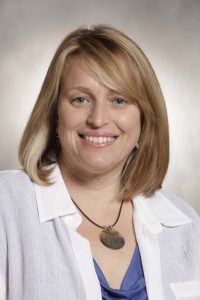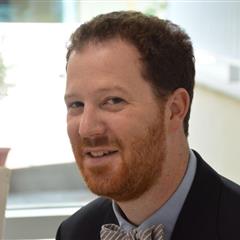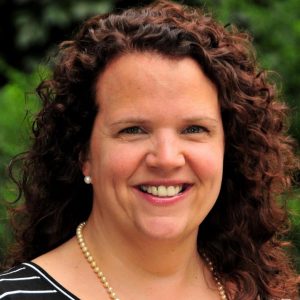 Preferred Name: Lisa Landreman
Preferred Name: Lisa Landreman
Employer: Roger Williams University
Position: Assistant Vice President and Dean for Student Life
Title of your Program: Addressing Sexual Violence on Campus: Theoretical and Conceptual Framing
Description:
This session frames sexual violence in a postsecondary context by theoretically grounding it as a social justice issue, making the case for situating it within student affairs work, and providing a historical view of research, policy, legislation, and social movements related to its occurrence on campus. The presenters are authors of chapters from a forthcoming (summer 2007) book on addressing sexual violence in higher education.
What you look forward to most for ACPA 17:
Columbus is a wonderful location for convention with great restaurants and an accessible convention center and transportation. I always look forward to reconnecting with colleagues and the new ideas and energy I gain from attending the convention. As the Director of Professional Development on the Governing Board for ACPA I am most excited to engage in conversations with ACPA members about the proposal for a revised mission, bold new vision for racial justice and structure of the governing board. It is an exciting time to be an ACPA member!



